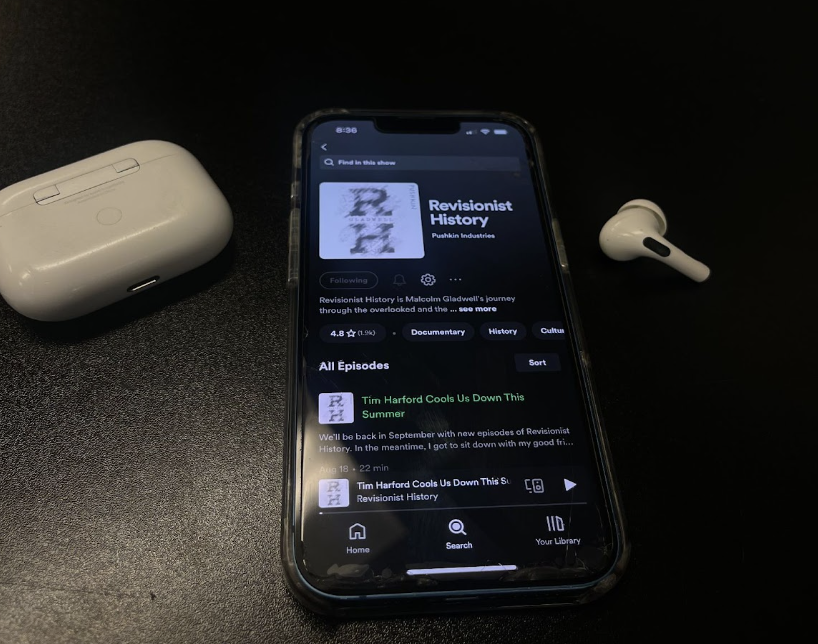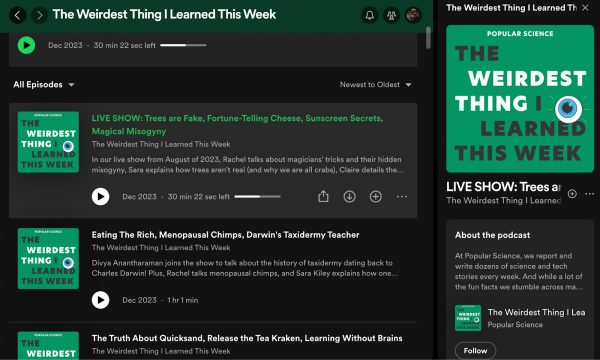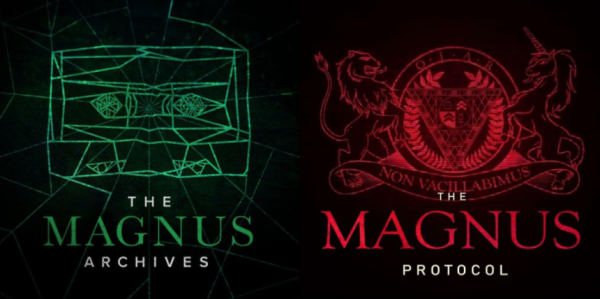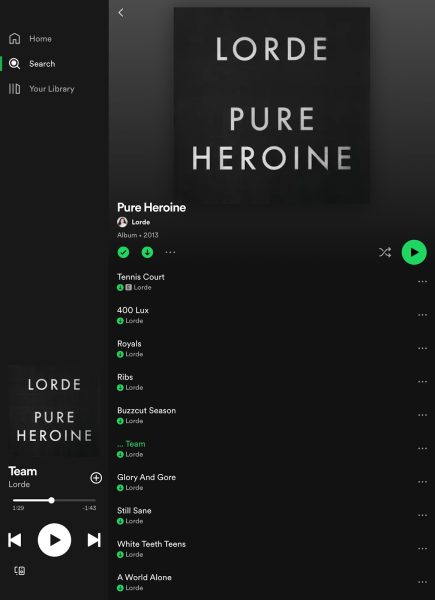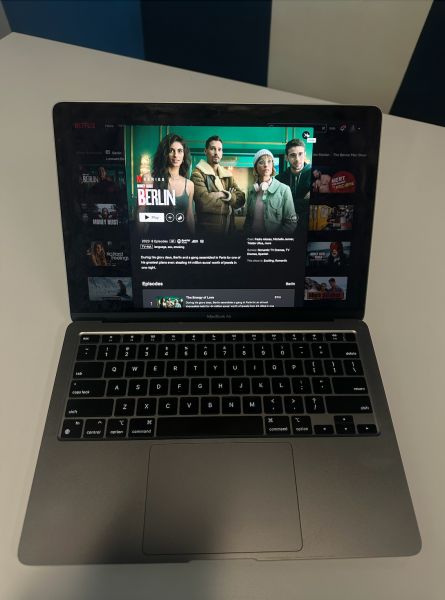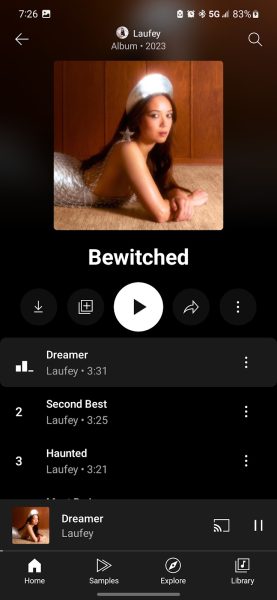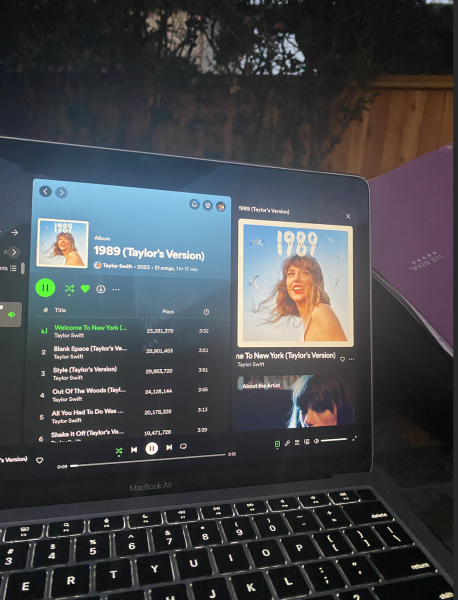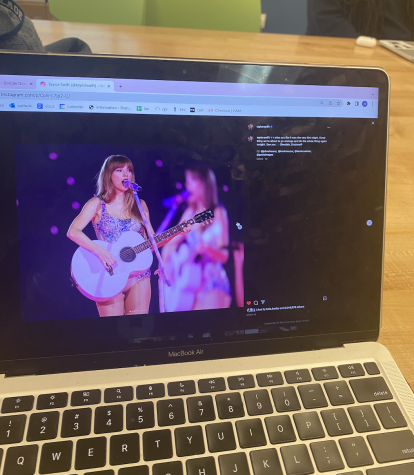Revisionist History: An Auditory Work of Art
Journalist, author and public speaker Malcolm Gladwell’s Revisionist History is a must-listen podcast. Having aired six seasons since 2016, the show is committed to reviewing events from the past that Gladwell deems “overlooked and misunderstood (Gladwell).” This podcast has undoubtedly changed the ways in which its millions of monthly listeners perceive the world and its history.
Often used as a term with a negative connotation, “revisionist history” is the process of intentionally making misleading statements about the past, according to Erin Bartram of Contingent Magazine. However, this is not the way in which Gladwell and Pushkin Industries, the company responsible for publishing the podcast, present the concept. Instead, revisionist history, as presented in the podcast, is the re-interpretation of past events. A recurring limitation in the field of history is that historians seek to interpret evidence in a way that is consistent or cohesive. Oftentimes, evidence of a past event can be incomplete. Historians will present a narrative as to the context of certain events, and that narrative will be widely accepted by the public. However, such narratives can be dangerous as they can remove nuance from history and oversimplify events. Instead of accepting the status quo, Gladwell and his team work hard to analyze and interpret evidence in a way that challenges the way the listener thinks about the past and its relation to current events. Glandwell’s relentless curiosity as to the nature of social structures, ethical concerns, and common practices is what makes each season more and more captivating.
Season one, episode six, titled “My Little Hundred Million” questions the nature of large philanthropic donations to major Universities and academic institutions. In 1922, Inductotherm billionaire Hank Rowan donated $100 million dollars to Glassboro State University, which was at the time a small state university. Since that time, there have been over 87 $100 million donations to Universities. However, a majority of these donations have gone to well-established Ivy-League universities with massive endowments. Gladwell implies that while major donations are beneficial for society, they would go farther if entrusted in the hands of struggling or less decorated universities. Gladwell highlights how the modern culture of philanthropy has deepened the disparity between universities, as those with larger endowments are likely to receive more donations because of the image associated with them.
In later seasons, Gladwell addresses a wide range of topics such as messaging to children in Disney movies, modern art exhibitions, explorations of significant musical pieces and medicinal testing. Each story challenges the perspective of the listener as things that are considered common practices and accepted as ethical, are portrayed in a new light.
Fast-paced and exciting, Revisionist History’s superb production and writing garners interest in whichever topic the podcast might address. The production team utilizes their exceptional sound design skills to make seamless transitions between different speakers. The atmosphere of the podcast consistently matches the theme of the topics addressed, and a professional tone is maintained throughout.
In conclusion, Malcom Gladwell’s distinct style of investigation has persisted in creating a podcast that some might call an auditory work of art. Revisionist History’s combination of suburb and well-researched topics, writing, and production make the podcast a must-listen. Whether you are a history buff, political activist, or simply an uninspired commuter on your way home from work, Revisionist History is right for you. Available on streaming platforms, Spotify, Apple Podcasts, and the Revisionist History Website, we recommend you check it out.

Sevastian Oti is an introspective, curious, and spontaneous senior and this is his first year on Viking Media. Outside of school hours, he has an internship...

